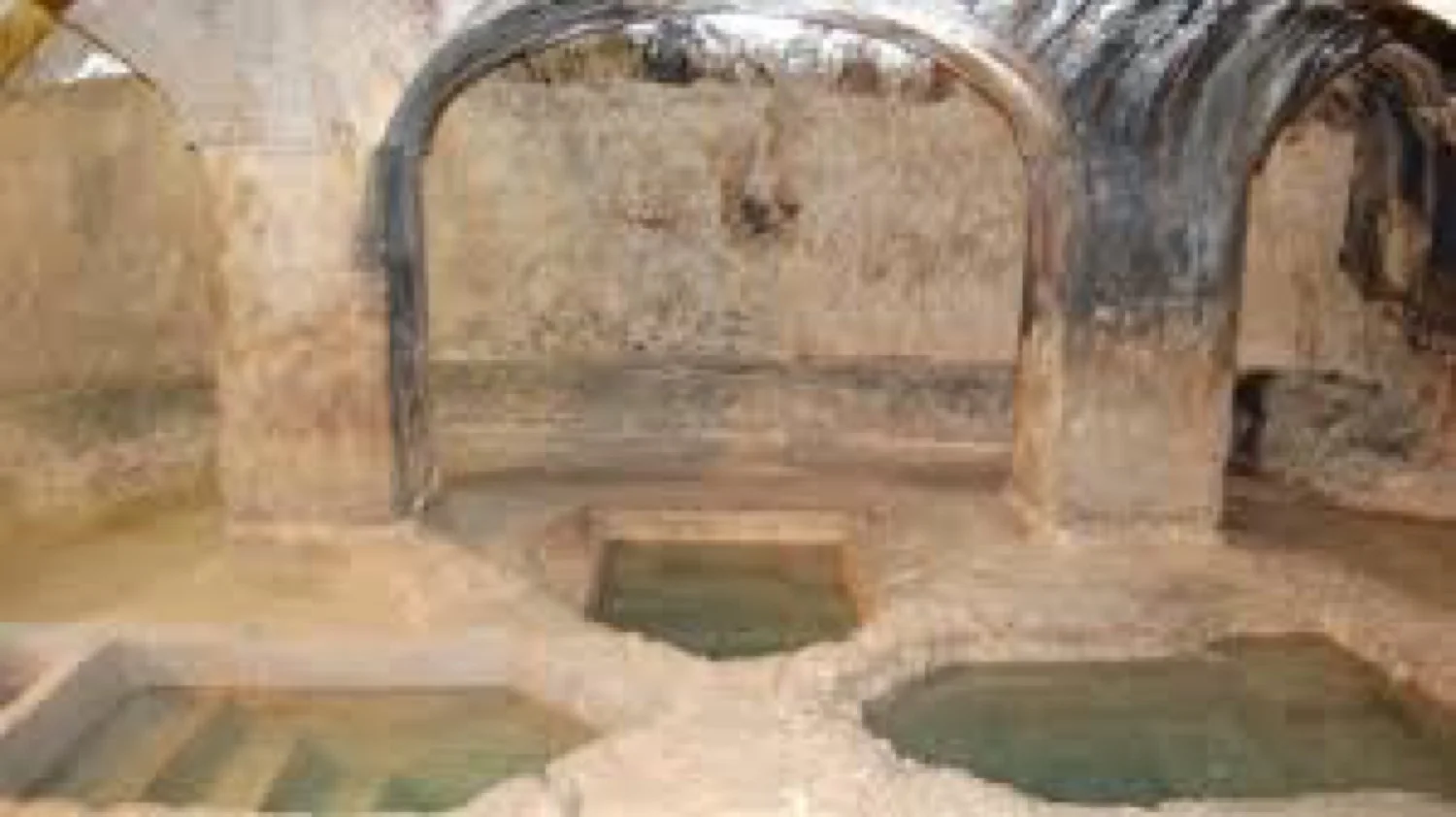Readings for today: Leviticus 11-12, Mark 5:21-43, Psalms 38, Proverbs 10:8-9
This is where Leviticus starts to get really challenging. Holy. Unholy. Clean. Unclean. Common. Polluted. Lots of words that we don’t think much about in our own context and culture. This begs for some explanation. Scholar Gordon Wenham does a great job describing the distinctions in his commentary.
“Everything that is not holy is common. Common things divide into two groups, the clean and the unclean. Clean things become holy, when they are sanctified. But unclean objects cannot be sanctified. Clean things can be made unclean, if they are polluted. Finally, holy items may be defiled and become common, even polluted, and therefore unclean… . cleanness is a state intermediate between holiness and uncleanness. Cleanness is the normal condition of most things and persons. Sanctification can elevate the clean into the holy, while pollution degrades the clean into the unclean. The unclean and the holy are two states which must never come in contact with each other.” (pp. 19-20)
Why does all this matter? Because God’s stated goal for His people is for them to be holy as He is holy. “For I am the Lord your God. Consecrate yourselves therefore, and be holy, for I am holy. You shall not defile yourselves with any swarming thing that crawls on the ground. For I am the Lord who brought you up out of the land of Egypt to be your God. You shall therefore be holy, for I am holy."(Lev. 11:44-45) Yes, in Christ the ceremonial laws of Leviticus have been fulfilled. We no longer need to worry about clean and unclean animals. (See Peter’s vision in Acts 10 as an example.) We no longer need to fear being made unclean by touching lepers or coming into contact with the dead. Through His shed blood, Christ has not only washed us clean (in the Levitical sense) but also sanctified us permanently! This is incredible to think about as we read about the rituals the Israelites had to perform!
At the same time, the call to personal holiness has not been set aside. God still calls His people to be set apart. By thought. Word. Deed. We are called to “be holy as He is holy” and to offer our lives as “living sacrifices” according to Romans 12. The moral law is still in effect. God still has expectations for His people. Sin is still serious and should not be treated casually. This is why Jesus spends a great deal of time talking about the heart in the Sermon on the Mount and Paul spends a great deal of time on the ethical obligations of Christians in most of his letters. As Christians, we no longer need to undergo elaborate rituals to maintain a state of cleanliness or sanctification before the Lord but we should undergo regular examination and confession of our sin in light of the Word of God.
A great practical exercise is what’s known as the “Daily Examen.” Pioneered by Ignatius Loyola, founder of the Jesuits, it is an intentional way to prayerfully reflect on our day, asking God to reveal what drew us closer to Him and what drew us away from Him. We think back on the actions, thoughts, and feelings we experienced during the day and we consciously “examen” them in light of the Word of God. We confess where our actions/thoughts/feelings fell short and we rejoice where our actions/thoughts/feelings reflected Christ. This is just one example of learning how to bring every thought captive to Christ and live for Him.
Readings for tomorrow: Leviticus 13, Mark 6:1-29, Psalms 39, Proverbs 10:10
